What do you need to know about PTSD?
PTSD (Post Traumatic Stress Disorder) is a mental health disorder caused by trauma for an event. This disturbed mental condition is usually experienced by people who experience traumatic events such as sexual harassment, torture, natural disasters, and others.
Keep in mind, not all traumatic incidents may cause PTSD. At least, about 30 percent of people who experience a traumatic event also experience PTSD. When referring to the American Psychiatric Association data, as many as 1 in 11 people experience PTSD. Even so, people who suffer from PTSD need serious treatment.
Let’s find out more about PTSD through the explanation below.
Definition
What is PTSD (post-traumatic stress disorder)?

Post-traumatic stress disorder or PTSD (post-traumatic stress disorder) is a mental condition where you experience panic attacks that are triggered by the trauma of your past experience. Having a traumatic event is a hard thing for anyone.
However, a number of people continued to suffer from PTSD after experiencing a painful or shocking event, such as an accident, a life-threatening incident, or war.
One may think of this traumatic event all the time and this can affect his/her life. It is difficult to adjust and accept changes after a traumatic event, but there are always ways to make you feel better.
How common is this condition?
PTSD is a relatively common condition. Post-traumatic stress disorder generally affects women more than men because most women are more sensitive to change than men, so they experience more intense emotions.
PTSD is a condition that can affect patients in all age groups, even children. PTSD can be overcome by reducing risk factors. Discuss it with your doctor for more information.
Signs & Symptoms
What are the signs and symptoms of PTSD (post-traumatic stress disorder)?
Quoted from Web MD, the signs and symptoms of PTSD are:
- You cannot stop thinking about specific events that cause trauma. When you experience PTSD, you can repeatedly recall that traumatic experience through flashbacks, hallucinations, and nightmares.
- You stay away from social life
- In the fear that you experience when a panic attack comes, you don’t want to meet other people or avoid people, places, thoughts, or situations that might remind you of trauma.
- The results of this avoidance are feelings of isolation and isolation from family and friends, and loss of interest in the activities you once enjoyed.
- You will experience more intense emotions than before. This means you may be more irritable or depressed, or your mood will change more quickly.
- You may have problems related to other things, including feelings or showing affection or feeling very anxious or easily surprised.
- You might have trouble sleeping and concentrating.
- Physically, you may experience symptoms such as increased blood pressure and heart rate, rapid breathing, muscle tension, nausea, and diarrhea.
Some other symptoms or signs may not be listed above. If you feel anxious about these symptoms, consult your doctor immediately.
When should I see a doctor?
Many people with mental conditions feel embarrassed and want to postpone a visit to the doctor. However, you must remember that PTSD is able to be cured. The earlier you seek treatment, the faster PTSD will be cured.
Contacting a doctor is what you need to do if you experience the following symptoms of PTSD:
- You have had horrible thoughts and feelings about a traumatic event for more than a month
- Your negative thoughts and feelings are severe
- You have trouble trying to keep life under control
- You might want to hurt yourself or end your life.
What needs to be prepared before consulting a doctor?
Before consulting with doctors and other mental health professionals, you can make a list of the symptoms that you have experienced and how long, events that make you feel intense fear and helplessness (recent and long gone), things that are stopped or avoided due to stress, physical and mental health information, drugs or substances consumed and their dosages, as well as questions to ask doctors and other mental health professionals, such as:
- What causes my symptoms?
- Is my condition likely temporary or long term?
- What treatments can be recommended for me?
- Are there any changes that I have to make at home, work, or school to help my symptoms?
- Are there brochures, websites, or printed materials that I can get about my condition?
What will the doctor do when consulting?
Doctors and other mental health professionals may ask the following questions:
- What symptoms worry you or those closest to you?
- When did you or the people closest to you first see these symptoms?
- Have you ever experienced or witnessed a traumatic event?
- Do you have thoughts, memories, or disturbing nightmares from your trauma?
- Do you avoid certain people, places, or situations that remind you of a traumatic experience?
- Have you ever experienced problems at school, work, or in your personal relationships?
- Have you ever thought about hurting yourself or someone else?
- Do you consume alcohol or use drugs? How often?
- Have you ever been diagnosed with a certain mental disorder? If so, what is the most helpful treatment?

Cause
What causes PTSD (post-traumatic stress disorder)?
The cause of PTSD is still unclear. However, it is believed that the fact that you experience, see, or learn about an event that involves death, death threat, serious injury, or sexual harassment, is something that can cause PTSD.
On the other hand, a combination of factors that can increase your risk of experiencing PTSD is:
- You have mental health risks such as the increased risk of anxiety and depression
- You have experienced a number of traumatic events since early childhood
- You inherit certain aspects of personality or temperament
- The way the brain controls the chemicals and hormones released by the body in response to stress.

Risk factors
What increases my risk for PTSD (post-traumatic stress disorder)?
There are many risk factors for PTSD, especially if people have had a difficult experience. However, several factors that might make it easier for you to develop PTSD after a traumatic event are:
- Experiencing intense or prolonged trauma
- Has experienced other trauma in childhood, including abuse or neglect
- Have jobs that increase the risk of being exposed to traumatic events, for example, military personnel, SAR teams, and emergency relief workers
- Have other mental health disorders, such as anxiety or depression
- Lack of a good support system from family and friends
- Having siblings with mental health disorders, including PTSD or depression.
Everyone faces difficult times in life, but some are more vulnerable to suffering from the post-traumatic stress disorder. The most common events that trigger the development of PTSD are:
- Involved in the battlefield
- Neglect and physical abuse in childhood
- Sexual harassment
- Physical attack
- Threatened with weapons
Many other traumatic events can also cause post-traumatic stress disorder, for example in fires, natural disasters, mugging, robbery, car accidents, plane accidents, torture, kidnapping, life-threatening medical diagnoses, terrorist attacks, and other extreme or dangerous events.
Medicines & Medications
The information provided is not a substitute for medical advice. ALWAYS consult your doctor.
What are my treatment options for PTSD (post-traumatic stress disorder)?
Treating PTSD means you must re-take control of your own life. The first treatment is psychotherapy, which is often used in combination with medication.
When you combine these treatments, your symptoms can improve. In addition, you need to learn the skills to recognize symptoms and help you feel better about yourself.
Your doctor will teach you how to deal with it if symptoms reappear. Plus, this treatment will help treat disorders associated with traumatic experiences, such as depression, anxiety, or alcohol or drug abuse that arise.
There are a number of psychological methods designed to help you find problems and identify them appropriately, such as cognitive therapy, exposure therapy, and desensitization of eye movements.
Cognitive therapy helps you recognize what is embedded in memory. Exposure therapy helps you deal with scary things safely so you can learn to deal effectively with them.
Desensitization of eye movements and reprocessing with a series of guided eye movements help you process traumatic memories and change the way you react to traumatic memories.
You may need some medicines to treat symptoms of post-traumatic stress disorder. Medications can be antidepressants to help reduce symptoms of depression and anxiety; anti-anxiety medication to relieve feelings of anxiety and stress; and prazosin if symptoms involve insomnia or recurring nightmares.
What are the usual tests for this condition?
PTSD is a condition that is not diagnosed until at least a month has passed since a traumatic event. If during the month after the incident you experience the symptoms above, you should see a doctor.
If PTSD symptoms appear, the doctor will begin the assessment by conducting a complete medical and physical history examination. Although there are no laboratory tests to specifically diagnose PTSD, your doctor may use a variety of tests to rule out physical illness as a cause of symptoms.
If no physical illness is found, you may be referred to a psychiatrist, psychologist, or mental health professional who is specifically trained to diagnose and treat psychiatric illnesses. Psychiatrists and psychologists will use interviews and assessment tools to assess someone for anxiety disorders.
The way doctors base the diagnosis of PTSD is based on reported symptoms, including problems with daily functioning. The doctor then determines whether the symptoms and the degree of dysfunction indicate PTSD.
PTSD is diagnosed if people experience PTSD symptoms that last more than a month.
Treatment at home
What are some lifestyle changes or home remedies that can be done to overcome PTSD?
Lifestyle and home remedies that might help overcome PTSD are:
- Follow the treatment plan and be patient
- Learn about PTSD, which helps you understand your feelings, and then you can prepare strategies to help you respond effectively
- Get enough rest, eat healthy food, exercise, and take time to relax
- Do not use alcohol or drugs to numb your feelings or emotions. Those will only give more problems and prevent you to achieve true healing.
If you have questions, consult your doctor for the best solution for your problem.
Stay safe, happy, and healthy!

—————————————————————————————————————————————–
This post may contain affiliate links, which means I make a small commission off purchases, at no extra cost to you. Read my full disclosure here. Thank you for supporting the work I put on this site!
—————————————————————————————————————————————–
We Stress Free does not provide medical advice, diagnosis, or treatment. However, if you need someone to talk to and want to make friends, please feel free to reach me at ferra@westressfree.com. If you would like to REDUCE your STRESS and are interested to do an ONLINE THERAPY, you can do so here.
—————————————————————————————————————————————-
Disclaimer: The information contained in this article is for educational and informational purposes only and is not intended as health or medical advice. Always consult a physician or other qualified health provider regarding any questions you may have about a medical condition or health objectives.
Thank you for reading today’s topic: What do you need to know about PTSD?

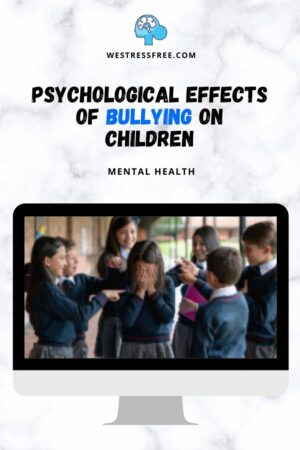
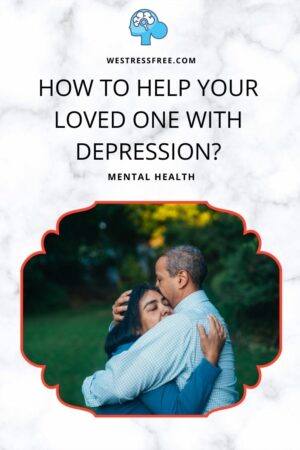

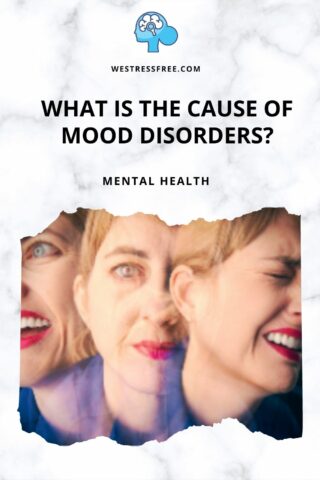
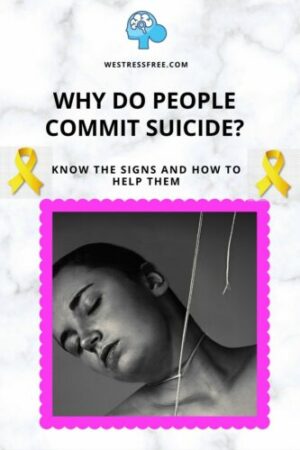


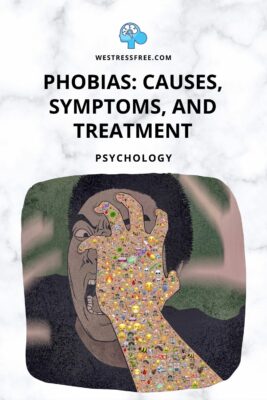

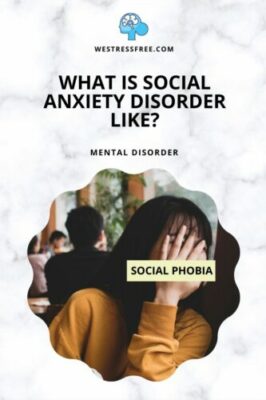
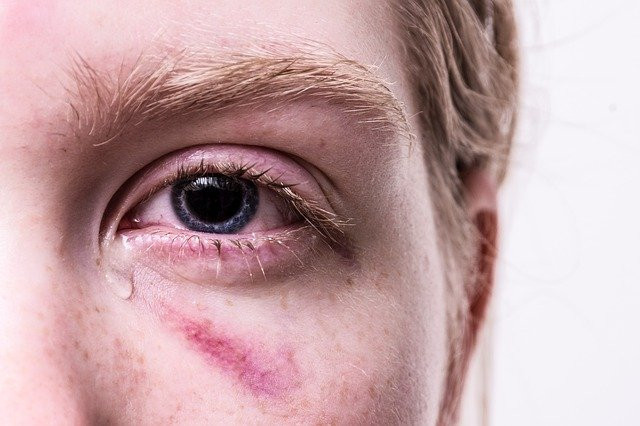

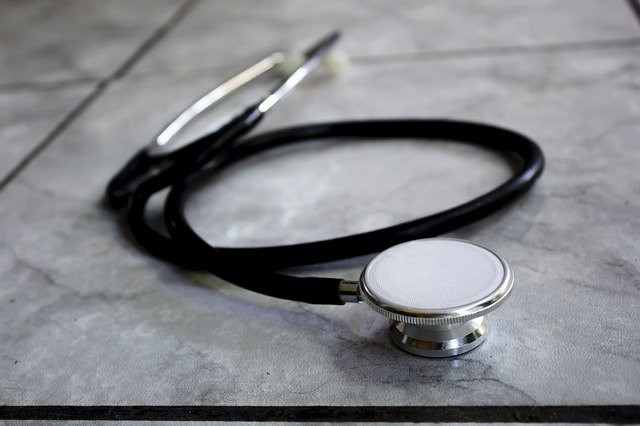



Wow I did not know that Desensitization of eye movements was a treatment, I’ll have to look into that. Thank you for such a well informed article.
Hello Adessa,
Thank you for taking time to visit my site, read my post and leave a comment. I really appreciate your kind words in your comment! ?
Glad you found this article is useful.
Stay safe,happy and healthy!
Ferra
Wow, this was a very educative read for me from the start till the end. This is infact a big disorder that one of my best friends is going through currently. His sister died and the incident happened in such a way that he thinks it’s his fault and thereby finds it hard since then to get social or sleep. He’s always staring into space and deep in thought. I should make him read this because it can help him.
Hello Riley,
Thank you for taking time to visit my site, read my post and leave a comment. I really appreciate your kind words in your comment! 😃
Glad you found this article is useful. You are such a nice friend. Hope your best friend can find his way to happiness after all that he’s been through. Losing someone we love is never easy!
Stay safe,happy and healthy!
Ferra
Thank you for such an enlightening post…
Mental health illnesses are definitely still a taboo and, therefore, many sufferers may not seek help because of that.
It’s important to create awareness that it’s a real illness, just like any other illness, and that people who have it need help.
Once again, thank you for this post and helping to create this awareness.
Hello Mohammad,
Thank you for taking time to visit my site, read my post and leave a comment. I really appreciate your kind words in your comment!
Glad you found this article useful.
Stay safe,happy and healthy!
Ferra